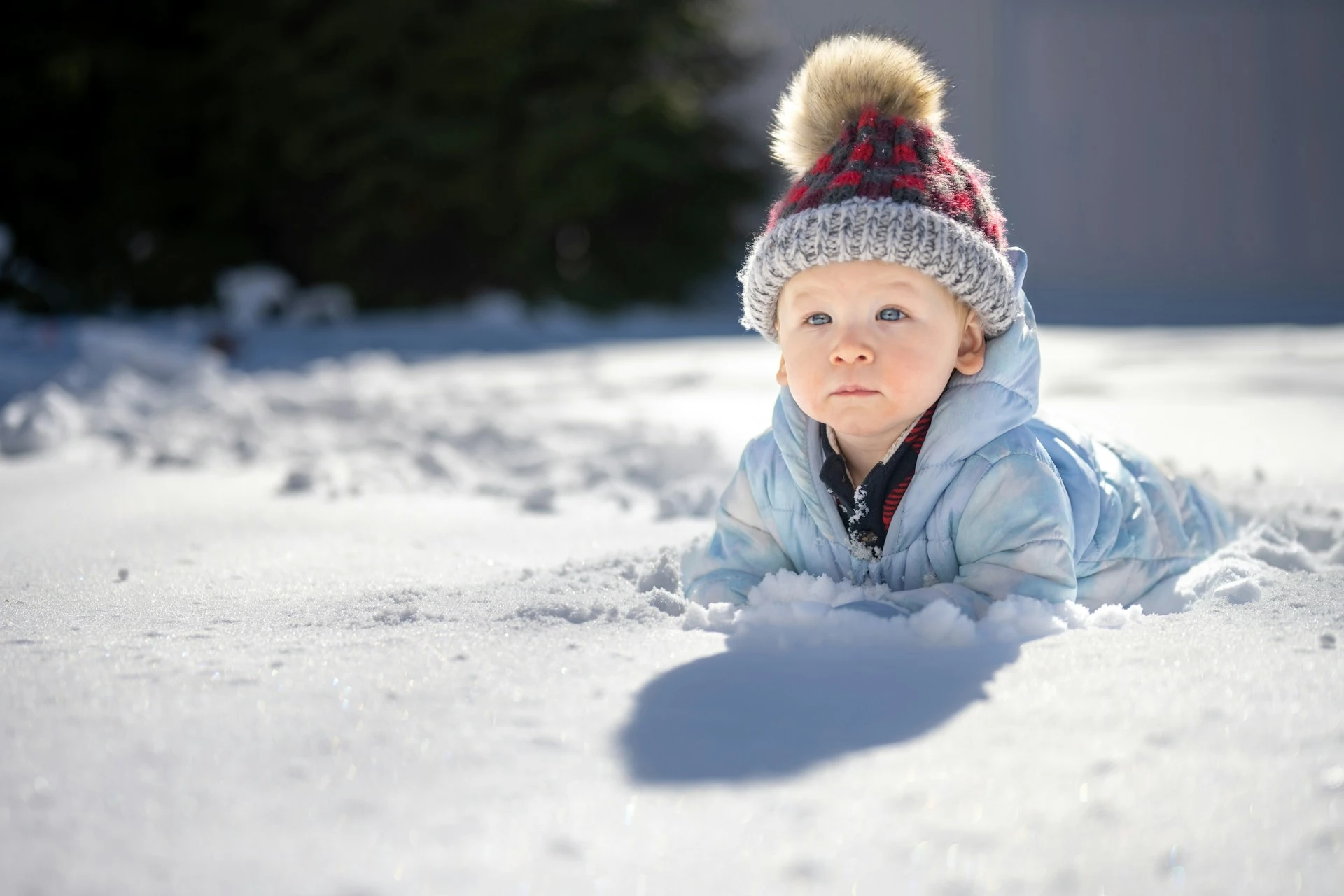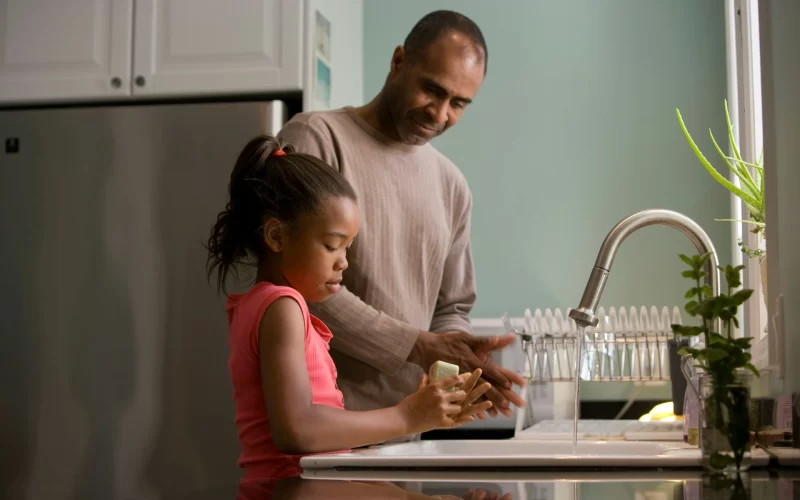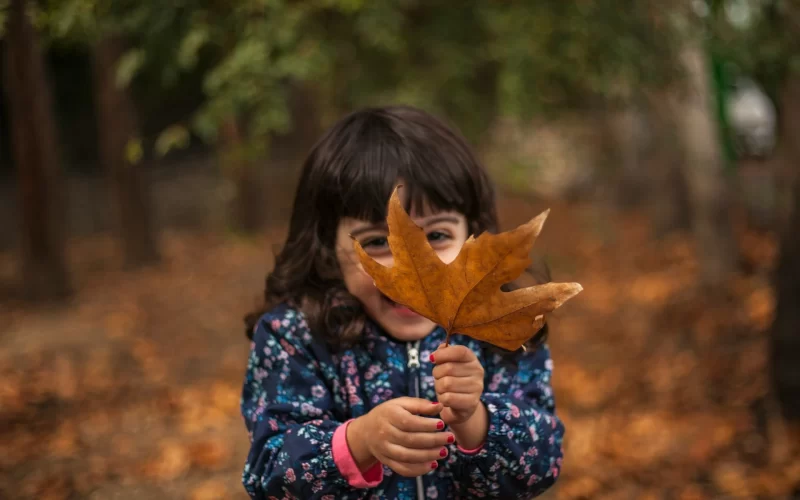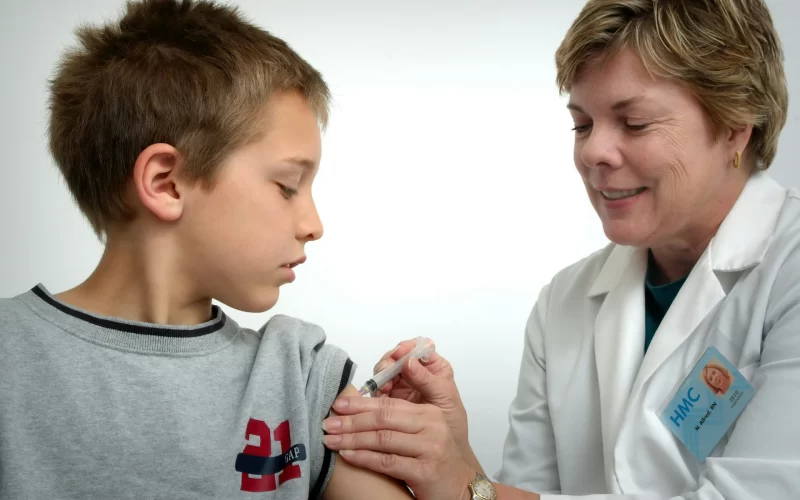RSV stands for Respiratory Syncytial Virus, it is a viral infection that we usually see in the late fall and winter. RSV usually causes a regular old cold in most children and adults. In younger babies and occasionally in older children it can cause a more severe respiratory illness that can lead to wheezing and a prolonged cough. Children who are predisposed to Asthma may be more severely affected.
Initial signs of RSV are similar to mild cold symptoms:
- congestion,
- runny nose,
- fever,
- cough
- sore throat.
- New babies may be irritable, tired, and have trouble breathing.
RSV tends to peak around day five so if your baby or child has been diagnosed with RSV and has been sick for only a day or two it is important to keep in mind that the illness may continue or worsen for another few days. In younger babies, we may ask you to bring the baby back to the office a few times in order to adequately monitor their respiratory status. After day five of illness, most children will gradually improve, but they may have a dry, lingering cough for up to two weeks. Because of the congestion, some will develop an ear infection after the initial illness.
Can RSV have long-term effects?
The answer is… sometimes, but not usually. Younger babies who have wheezing from RSV will sometimes wheeze with subsequent viral infections in the same season. There is an increased risk of asthma in children who have had RSV, especially in those with a family history of Asthma.
How we diagnose RSV:
During the height of COVID, most of you have called or brought your children to the office with any cold-like symptoms. For families that are worried that their child has RSV, we can perform a rapid RSV test in-house and diagnose it. RSV generally runs its course and children are better within about a week. The symptoms tend to peak on the fifth day of illness.
When to call MVP:
A barking or wheezing cough can be one of the first signs of a more serious illness. In these instances, the virus has spread to the lower respiratory tract, causing inflammation of the small airways entering the lungs. This can lead to pneumonia or bronchiolitis. If you notice that your child is working hard to breathe with flaring nostrils or their belly going up and down you should call the office for a sick visit as soon as possible. Other red flags include not feeding well, not wetting diapers, or extreme lethargy. If you aren’t sure if your baby is in distress it is always a good idea to call the office and have a quick chat or telehealth with one of our providers.
(917) 921-6219



